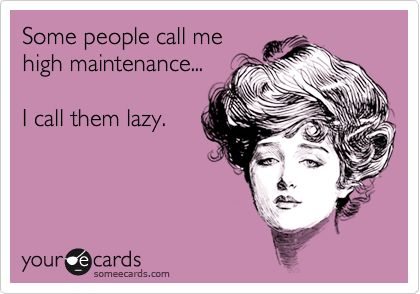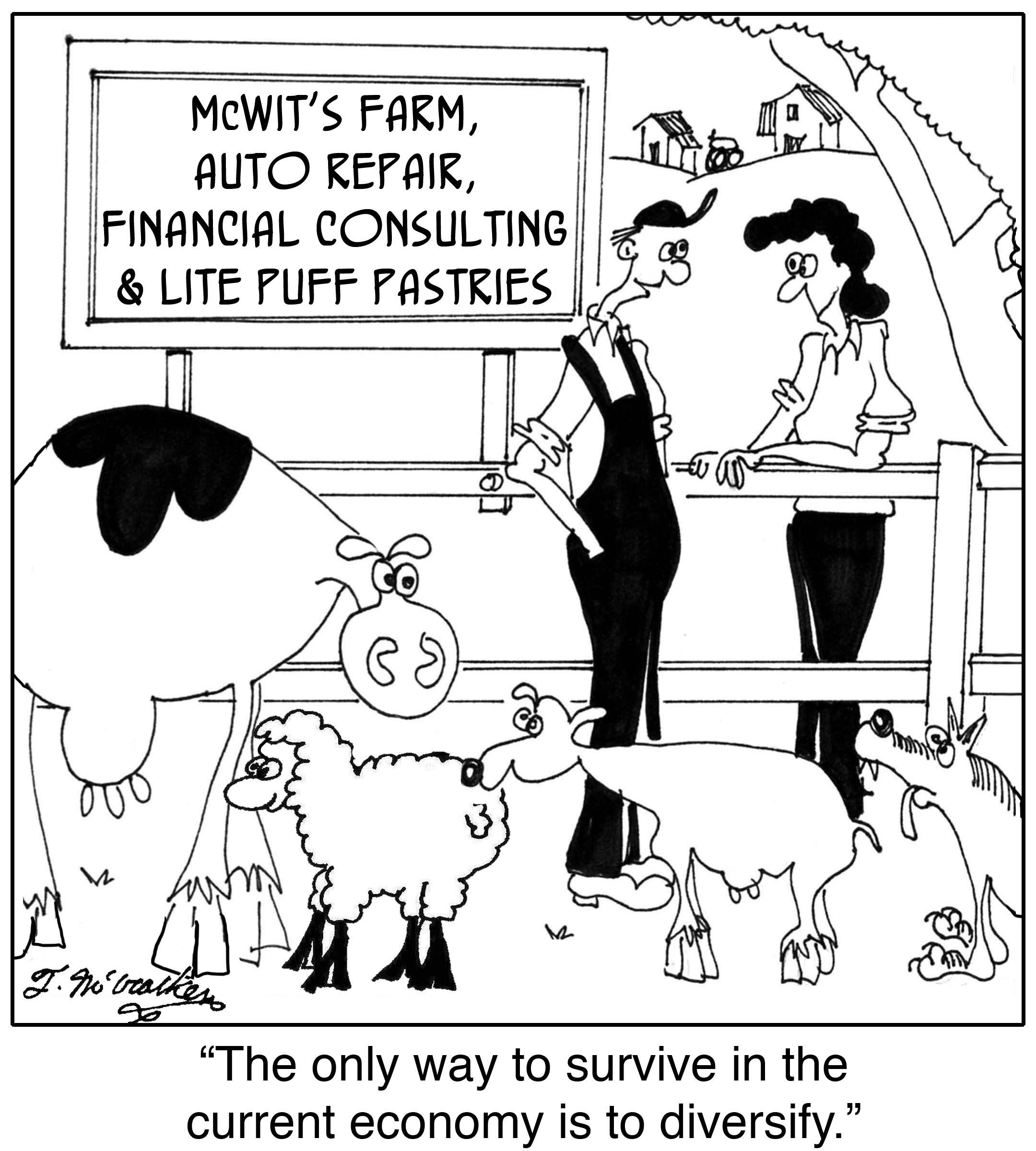 She’s the bride at every wedding and the corpse at every funeral.
She’s the bride at every wedding and the corpse at every funeral.
High-maintenance people wear me out. I’ve decided that I’m not going to be a spectator or victim of their behavior. Join me in resisting demanding, overly needy, selfish people. Don’t feel obligated to tolerate their behavior or cater to their whims.
Here are some characteristics of high-maintenance people (HMP) that should cause your crap-detector to peak.
- Excessive and insatiable emotional needs. We all have legitimate emotional needs (attention, encouragement, comfort, respect, etc.) and relationships are deepened when these needs are mutually acknowledged and met. But some people are excessive in their neediness and are never satisfied. Their neediness is like a relational black hole that sucks all the light and energy out of relationships. And there’s seldom any reciprocity; they take but do not give.
- Extremely picky and hard to please. It takes them two hours to make it through the cafeteria line because they are micro-processing all the options. Their indecision adversely affects those around them.
- Negative. Instead of owning a pleasant, positive outlook on life, HMPs often reside on the dark side; their default setting is pessimism.
- Unhappy and hard to please. HMPs are rarely satisfied; there’s always a controversy brewing and something to be upset at. They nurse a low-grade fever of discontent.
- Melodramatic. We nickname them drama queens (or kings) because they are attracted to drama and if they can’t find any, they create it. They are uncomfortable with peace and calm; they gravitate to, or create, storms.
- Unorganized. Often, they live disordered lives and expect us to compensate. They expect their lack of planning to be our emergency.
- Hold grudges and keep picking the scab off old wounds. HMPs have difficulty in letting things go; they coddle hurt feelings and offenses; they would rather keep old wounds and misunderstanding alive than simply forgive.
- Self-centered and self-absorbed. With apologies to Copernicus, they think they are the center of the galaxy. They act as if the world revolves around them.
- Lack of self-awareness. All these characteristics are exacerbated by the fact that HMPs are clueless about their annoying behaviors. They either don’t own a mirror or never take the time to look at themselves.
Now, put down your digital device, go look at yourself in the mirror and ask, “Am I high-maintenance?” Or better still, ask those who know you best, “Am I high-maintenance?” If you are, stop it.
Secondly, identify people in your life who are high-maintenance and decide how you’re going to deal with them. Tough-love may be the answer. For sure, as long as you allow them to be high-maintenance, they will be.
Occasionally, everyone benefits from a well-thought-out, intentional thump on the nose.
[reminder]What are your thoughts about this essay?[/reminder]

 The average US adult weighs about 25 pounds more today than a few decades ago. That’s like hanging three plastic gallon jugs full of milk around your neck. That can’t be a good thing.
The average US adult weighs about 25 pounds more today than a few decades ago. That’s like hanging three plastic gallon jugs full of milk around your neck. That can’t be a good thing.